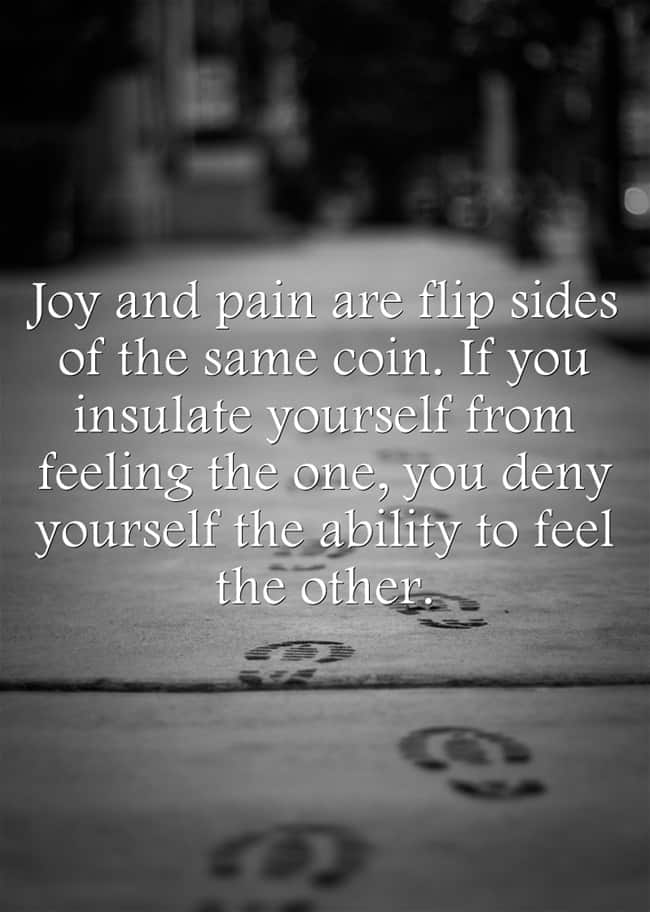
Limmer Education

by Dan Limmer, BS, NRP
Our articles are read by an automated voice. We offer the option to listen to our articles as soon as they are published to enhance accessibility. Issues? Please let us know using the contact form.
The problem of suicide and depression in the emergency services is noteworthy and prominent in daily conversation. Stress from a single traumatic incident or a career of calls can take down the best provider. Concepts like post traumatic stress disorder, previously thought of in military; and caregiver fatigue, previously used in long-term care and families, have appropriately made their way to EMS.
I spent some time this morning reading through the stories and memorials at codegreencampaign.org. Code Green is a non-profit whose mission is to raise awareness of mental health conditions such as depression and suicide in the EMS population. If you haven’t, please stop by and read a few of the stories there.
I also saw a story from EMS1.com about the Ambulance Wish Foundation in the Netherlands who provides last wishes via ambulance rides. EMS humorist and paramedic Steve Berry has a similar program here in the states.
These two sources this morning both dealt with death, albeit from totally different perspectives. They caused me to ask the question I lead with: Does it hurt to care more?
Of course the answer to why people feel stress and commit suicide is very complex—and very individual. It may vary by the type of stress, the type of person, the strength of a support system—and many more factors. Some people come into EMS with some pretty serious personal baggage. It doesn’t make them bad. EMS allows many to feel better by helping others.
Public safety can be cruel though. We come in looking for a profession that will make us happy. The excitement fills a need. Yet we find the excitement is fleeting. The routine is burdensomely boring. Our personal issues begin to exacerbate with added stress. Then add a traumatic or critical incident.
Of course, just looking at the prevalence of mental health issues in society (depression at 8-12% worldwide, some sources place the US as high as 17%) we are looking at a significant number of our providers having some sort of pre-existing condition coming in the door—and before any stressors.
Why am I mentioning this? Because depression is a significant risk factor for suicide.
I know that many people I worked with over the years have depression. They took meds. In no way does that mean they can’t be a successful EMS provider. Addiction, marital problems and other things are also risk factors for suicide. It doesn’t mean that a separated person or one who is in Alcoholics Anonymous can’t be in EMS either.

Why do some of us go through day-to-day with minimal stress while others succumb? Why does one call cripple one provider and leave another unscathed? Ultimately it is an individual issue.
Sometimes it is a combination of stressors. Ongoing work stress, then one incident puts a provider over the edge. For others, factors at home build and the stress finally surfaces at work. Sometimes there is no obvious reason—other than the fact that we are human and amazingly strong until the moment we aren’t.
The answer to the question that started this article is: No. No it doesn’t hurt more to care. I think it helps to care more—and it hurts to deny your feelings and hold them inside. Care deeply about your patients. But also care deeply about yourself and your colleagues. This caring may indeed be the thin green line between life and death.
Postscript: Read a first hand account of an EMT of 11 years and how the cumulative stress took a mental toll that was finally lessened by talking to and sharing with other responders with their own burdens.

Limmer Education

Dan Limmer, BS, NRP

Dan Limmer, BS, NRP
[…] I read an interesting article, which you can find here […]
[…] Limmer has also written about this issue recently, including Suicide and the EMS provider, and Does it hurt to care more? Greg Friese’s EMS 1 column, Depression in EMS: we are in this battle together, also covers the […]